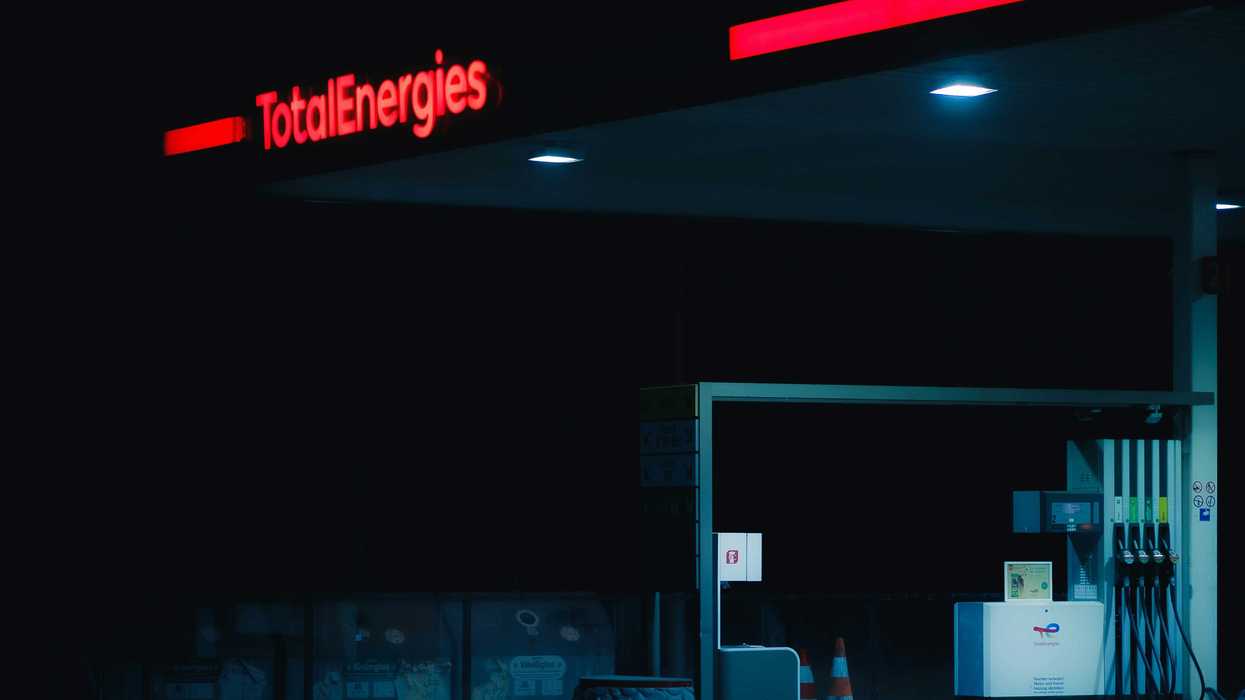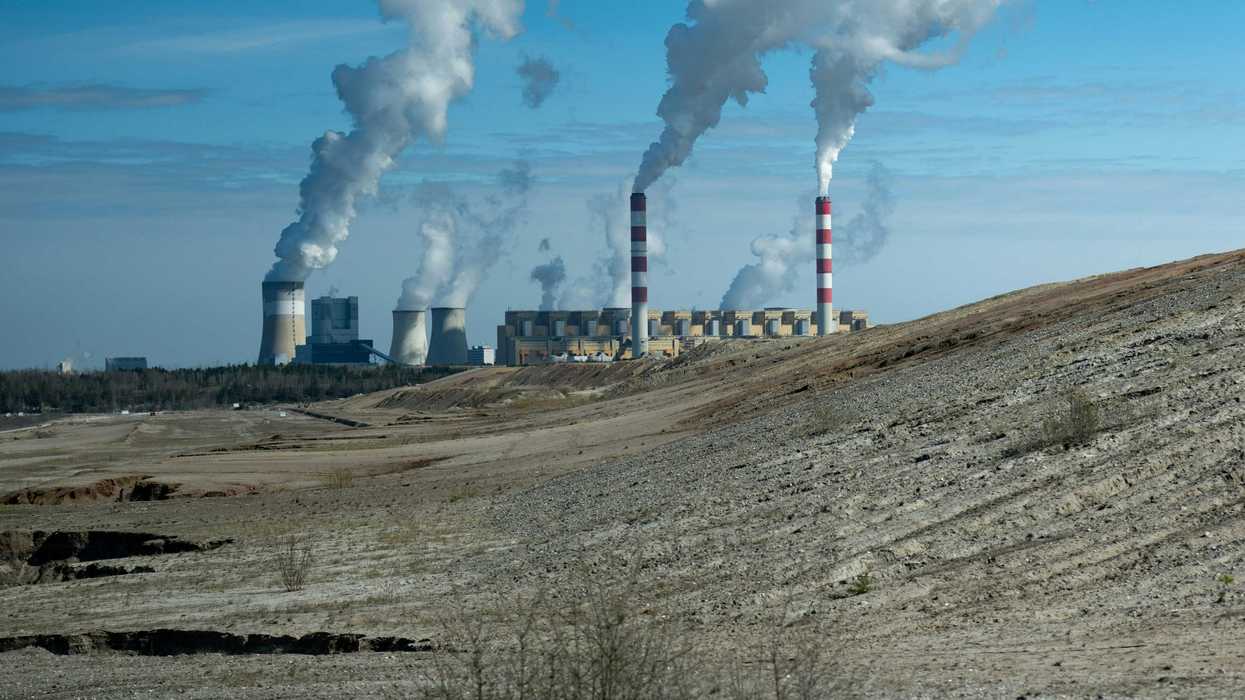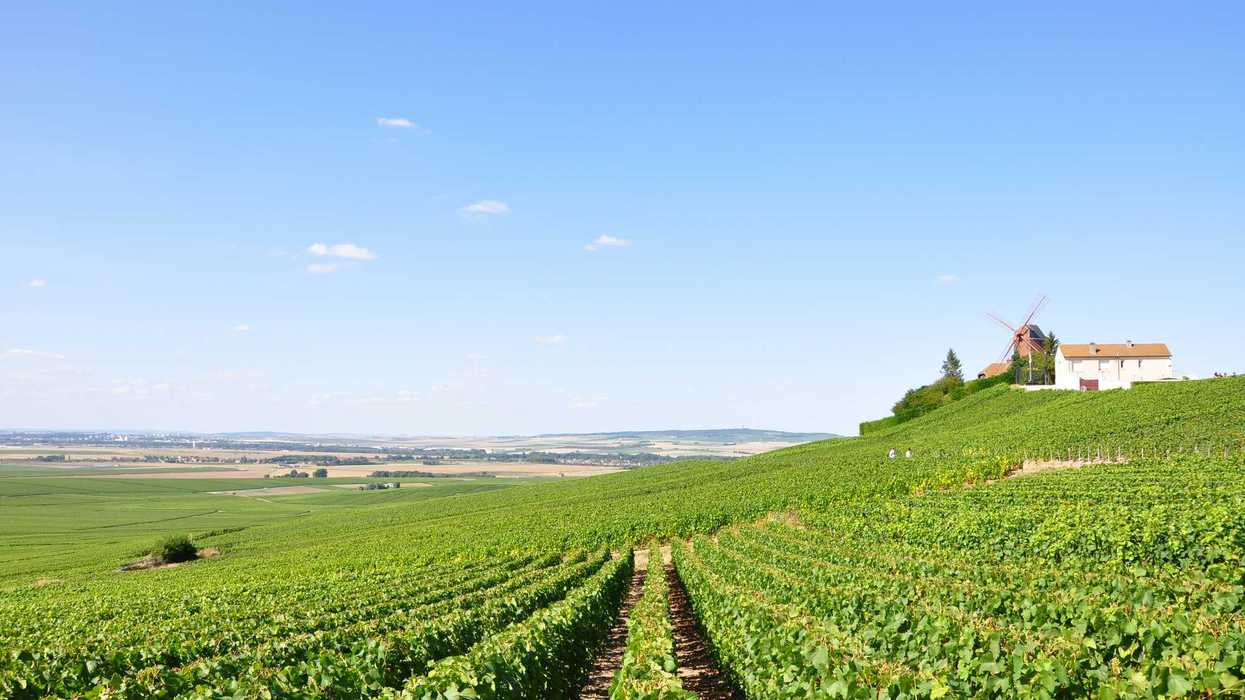A plan to capture and store carbon dioxide underground in Montana faces fierce local opposition, despite being backed by major oil companies and the Biden administration.
Evan Halper reports for The Washington Post.
In short:
- The proposed project aims to store carbon emissions underground in Carter County, Montana, to combat climate change.
- Local ranchers and residents fear the impact on the environment and community, citing a lack of desire to become a national "dumping ground."
- Existing carbon capture projects face similar issues nationally, raising concerns about safety, environmental impacts, and technology effectiveness.
Key quote:
"They are presenting this as a climate solution and I don’t know that it is. The only thing I do know is that it is part of their plan to continue producing oil and gas."
— Liz Barbour, manager of Cinch Buckle Ranch
Why this matters:
Many local residents and environmental groups are raising concerns about the safety and long-term impacts of storing carbon underground. Fears of potential leaks, groundwater contamination, and seismic activity echo through community meetings and public forums. Critics argue that such projects allow fossil fuel companies to continue business as usual, prolonging reliance on oil and gas rather than transitioning to renewable energy sources.














